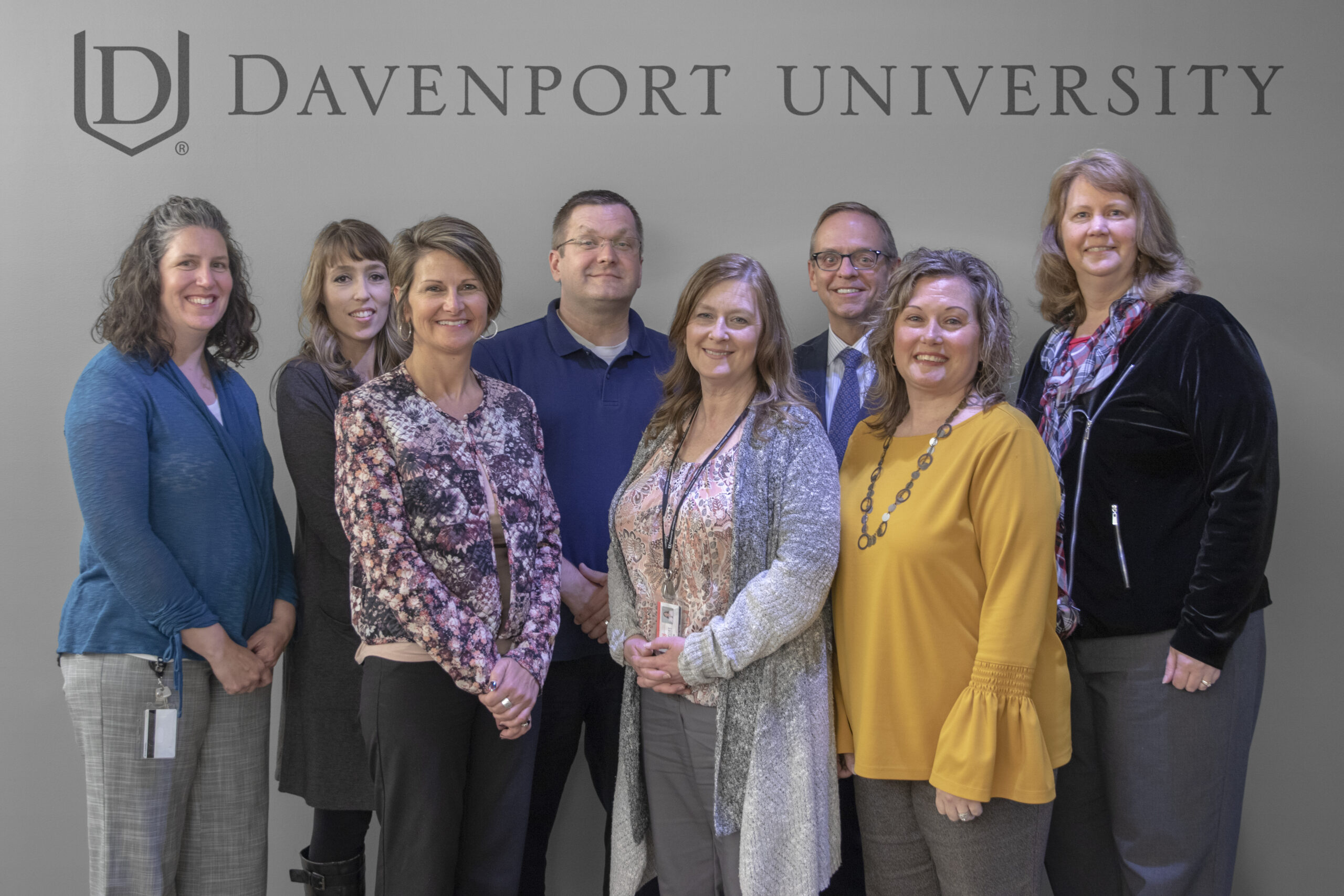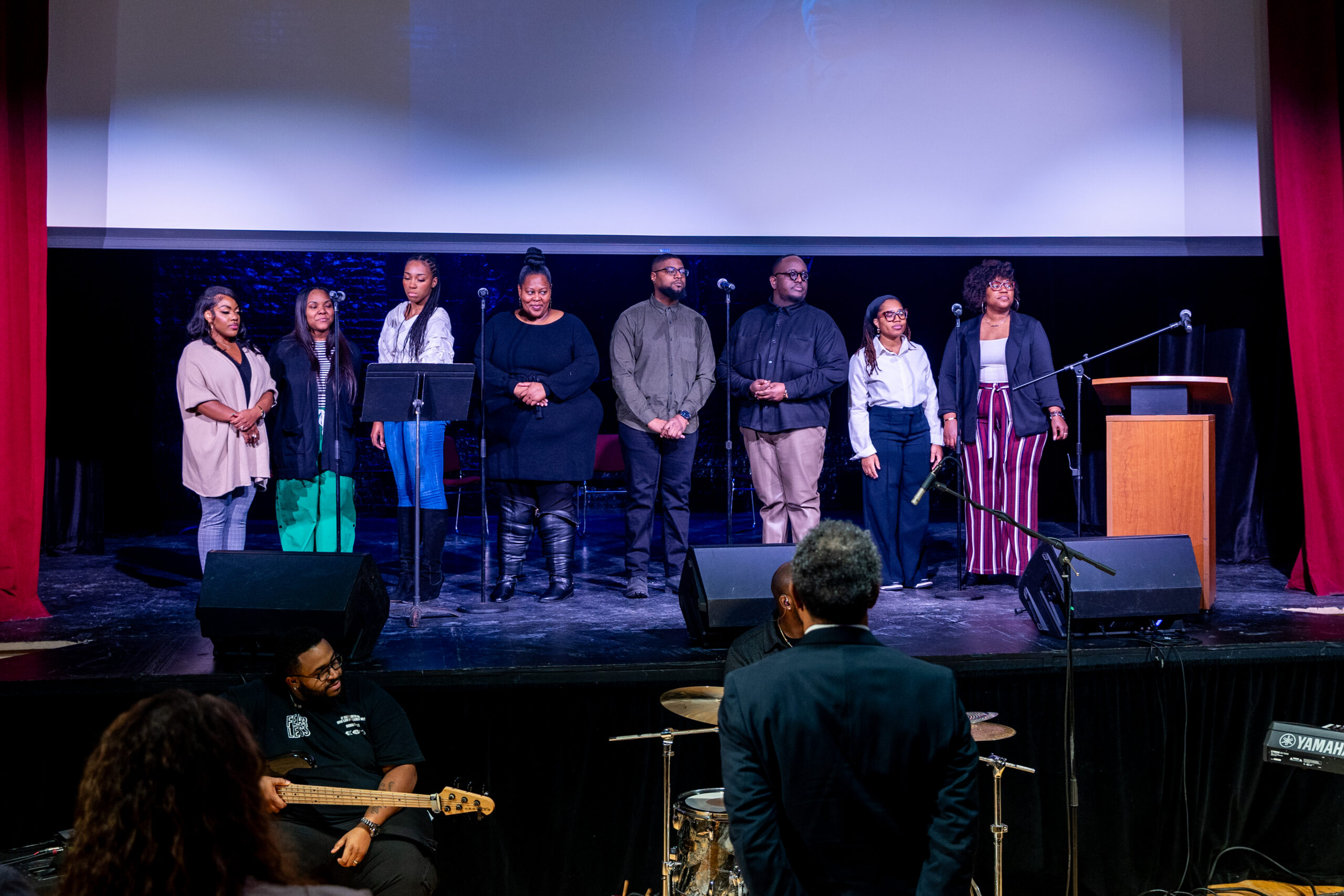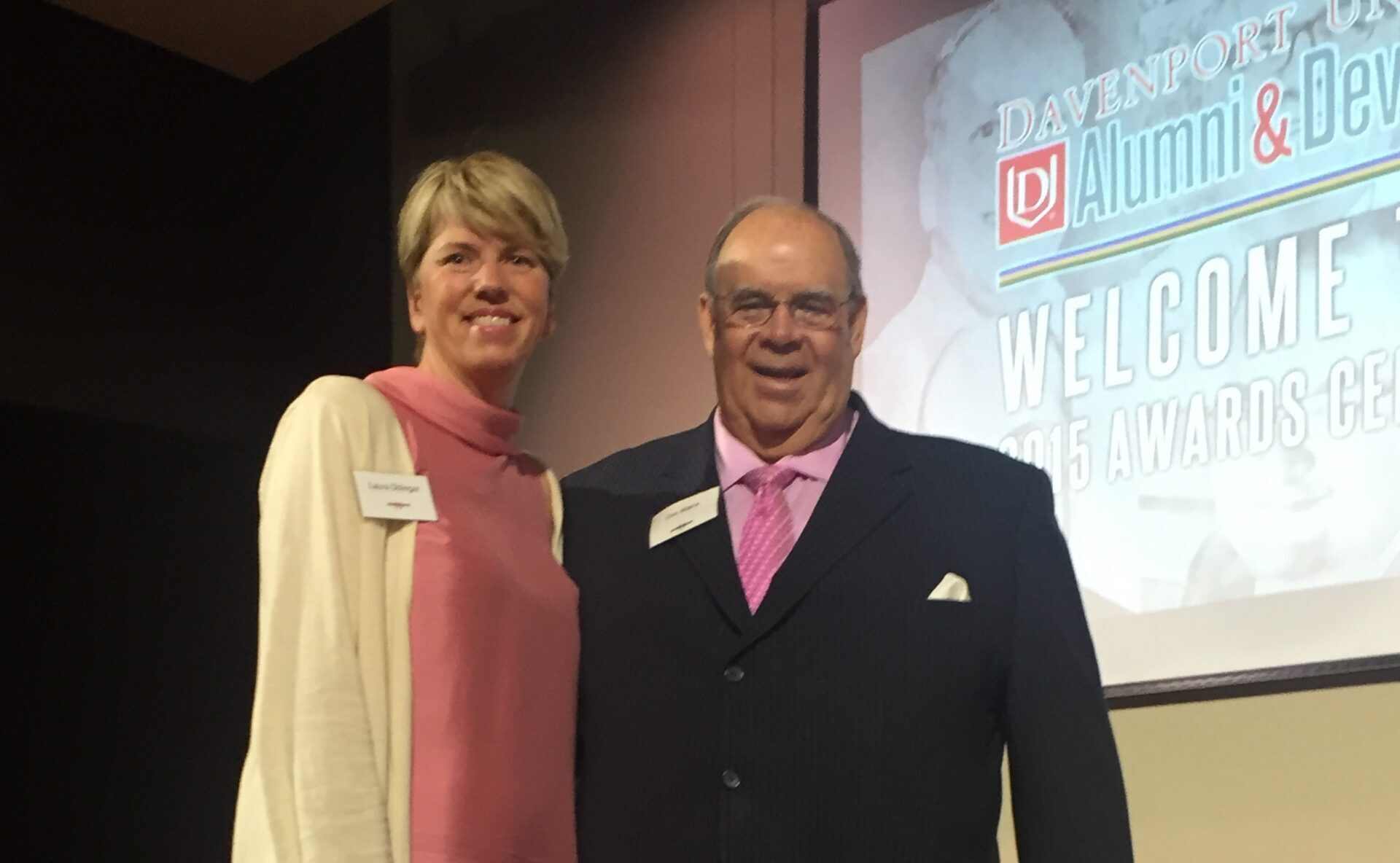Below is an editorial by Davenport University President Richard J. Pappas, Ed.D., first published in Crain’s Detroit Business Aug. 26, 2024
 The world of politics, with the need for negotiation and serving varied populations, can give us the perfect example of the law of unintended consequences. This seems to be the case this year in Lansing when our state lawmakers passed a budget that took away the only tuition grant that served qualifying adult and part-time students returning to school to seek a bachelor’s degree some years after high school graduation.
The world of politics, with the need for negotiation and serving varied populations, can give us the perfect example of the law of unintended consequences. This seems to be the case this year in Lansing when our state lawmakers passed a budget that took away the only tuition grant that served qualifying adult and part-time students returning to school to seek a bachelor’s degree some years after high school graduation.
We all understand competing goals and interests, but one goal by Gov. Gretchen Whitmer’s administration has been clear: we need more college graduates in Michigan to attract and retain talent and the businesses of the future that will bring and sustain economic health. So, as a matter of public policy, eliminating the $3,000 Michigan Tuition Grant (MTG) does not make sense if we are to achieve the state’s goal of 60 by 30: increasing the number of working-age adults with a skill certificate or a college degree from 51% today to 60% by 2030.
Davenport University is all in. We, along with the other independent, nonprofit colleges and universities, currently graduate more than 20% of the state’s college students. Nearly half of students enrolled at Davenport are 25 or older, more than 30% are students of color and more than 40% are the first in their families to attend college. This is the population of students most hurt by the elimination of the MTG, a grant that has been around since the 1960s and is the only grant that does not have an age limit.
Much of the reporting about the passage of the education budget focused on the Michigan Achievement Scholarship (MAS), which is a wonderful boost for students who are eligible to receive it. But it is going only to recent high school graduates. So, who is unintentionally hurt by the belief that awarding the MAS, even with the elimination of the MTG, was the best way to help the state produce more graduates? They are on average older than 25, 60% are women, 50% are non-white, many have transferred from community college, and at least 30% are first-generation college students.
About 1,500 students enrolling in an independent college for the first time this fall do not qualify for the Michigan Achievement Scholarship, but they would have qualified for the Michigan Tuition Grant. At Davenport, we have more than 400 students who thought they were receiving the MTG only to be told weeks before reporting to class that they had a $3,000 hole in their financial aid package.
When I testified before lawmakers in April, I warned that the elimination of the MTG would be immediate and devastating. It is affecting people who now aren’t enrolling in any institution—they’ve just put aside their goal of achieving a degree at this time. But it’s not too late. Our legislators can reinstate the MTG in a supplemental bill in September using no additional dollars – the funds remained in the budget, even though the MTG program itself was cut.
We believe the reinstatement of the MTG is a necessary step to invest in the group of students who were unintentionally left out of the state’s support for higher education. This is an unintended consequence that can be made right, but action in Lansing must be swift. These students deserve better.
Share This Story!
Below is an editorial by Davenport University President Richard J. Pappas, Ed.D., first published in Crain’s Detroit Business Aug. 26, 2024
 The world of politics, with the need for negotiation and serving varied populations, can give us the perfect example of the law of unintended consequences. This seems to be the case this year in Lansing when our state lawmakers passed a budget that took away the only tuition grant that served qualifying adult and part-time students returning to school to seek a bachelor’s degree some years after high school graduation.
The world of politics, with the need for negotiation and serving varied populations, can give us the perfect example of the law of unintended consequences. This seems to be the case this year in Lansing when our state lawmakers passed a budget that took away the only tuition grant that served qualifying adult and part-time students returning to school to seek a bachelor’s degree some years after high school graduation.
We all understand competing goals and interests, but one goal by Gov. Gretchen Whitmer’s administration has been clear: we need more college graduates in Michigan to attract and retain talent and the businesses of the future that will bring and sustain economic health. So, as a matter of public policy, eliminating the $3,000 Michigan Tuition Grant (MTG) does not make sense if we are to achieve the state’s goal of 60 by 30: increasing the number of working-age adults with a skill certificate or a college degree from 51% today to 60% by 2030.
Davenport University is all in. We, along with the other independent, nonprofit colleges and universities, currently graduate more than 20% of the state’s college students. Nearly half of students enrolled at Davenport are 25 or older, more than 30% are students of color and more than 40% are the first in their families to attend college. This is the population of students most hurt by the elimination of the MTG, a grant that has been around since the 1960s and is the only grant that does not have an age limit.
Much of the reporting about the passage of the education budget focused on the Michigan Achievement Scholarship (MAS), which is a wonderful boost for students who are eligible to receive it. But it is going only to recent high school graduates. So, who is unintentionally hurt by the belief that awarding the MAS, even with the elimination of the MTG, was the best way to help the state produce more graduates? They are on average older than 25, 60% are women, 50% are non-white, many have transferred from community college, and at least 30% are first-generation college students.
About 1,500 students enrolling in an independent college for the first time this fall do not qualify for the Michigan Achievement Scholarship, but they would have qualified for the Michigan Tuition Grant. At Davenport, we have more than 400 students who thought they were receiving the MTG only to be told weeks before reporting to class that they had a $3,000 hole in their financial aid package.
When I testified before lawmakers in April, I warned that the elimination of the MTG would be immediate and devastating. It is affecting people who now aren’t enrolling in any institution—they’ve just put aside their goal of achieving a degree at this time. But it’s not too late. Our legislators can reinstate the MTG in a supplemental bill in September using no additional dollars – the funds remained in the budget, even though the MTG program itself was cut.
We believe the reinstatement of the MTG is a necessary step to invest in the group of students who were unintentionally left out of the state’s support for higher education. This is an unintended consequence that can be made right, but action in Lansing must be swift. These students deserve better.
Share This Story!
Stay connected!
Get the latest Davenpost News delivered to your inbox!
Related Stories
(Grand Rapids, Mich. – May 11, 2020) Davenport University announced today that it has created a scholarship to support those [...]
Davenport University is proud to be one of West Michigan’s Best and Brightest Companies to Work For®. This honor is [...]
From teenage mom to partner in an accounting firm, Stephanie Blanco ‘99 has a triumphant story to inspire everyone. A [...]
Latest Stories
Members of the West Michigan community gathered at Grand Rapids’ Wealthy Theatre on Feb. 4 to honor Rev. Dr. Martin [...]
The familiar pop-pop of ping-pong balls filled the CLE at Davenport University’s W.A. Lettinga Grand Rapids Campus as students, staff [...]
Photo caption: Laura Oblinger and the late Donald W. Maine Davenport University’s Direct Connect partner, Northwestern Michigan College, is celebrating [...]







